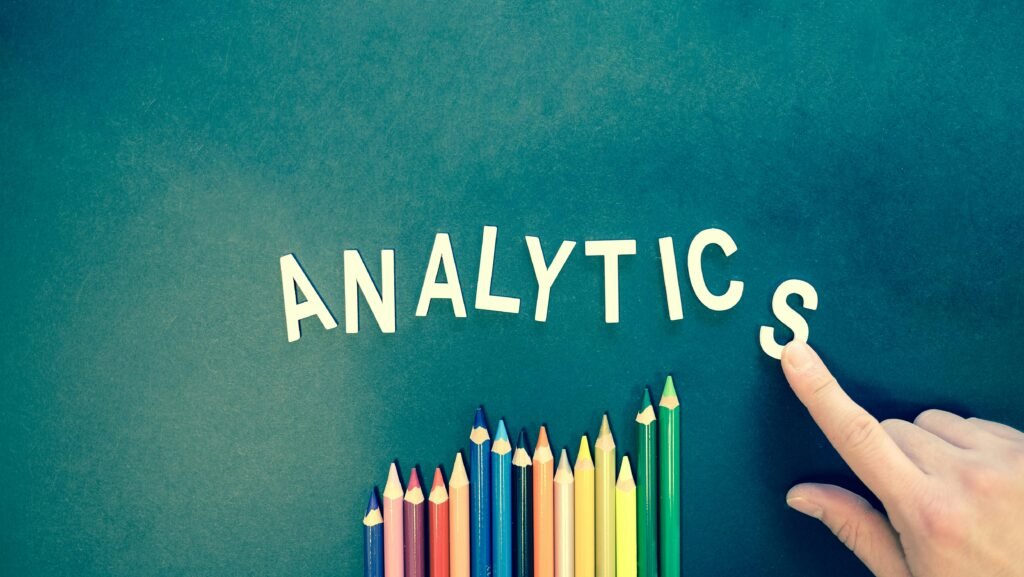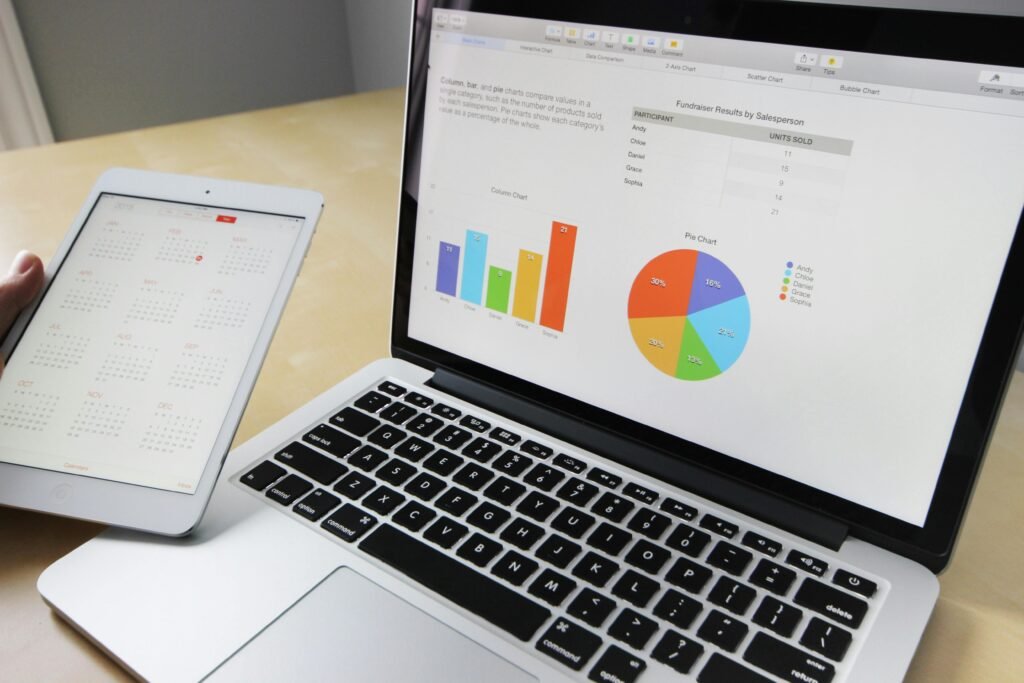The world of digital marketing is ever-evolving, and staying ahead of the curve is essential for businesses that want to maintain a competitive edge. As we continue to embrace advancements in artificial intelligence (AI), automation, and data analytics, digital marketers are turning to cutting-edge tools that make their work more effective, efficient, and data-driven.
In this blog, we’ll explore the top 5 tools for digital marketing—some that are shaping the industry today and others that are likely to influence the future of digital marketing.

1. Google Analytics: The Cornerstone of Data-Driven Marketing
Google Analytics is an essential tool for every digital marketer. It provides detailed insights into website traffic, user behavior, conversion rates, and more. By tracking and analyzing data, marketers can optimize their campaigns and understand their audience better.
- Present: Google Analytics is indispensable for monitoring website performance, understanding user journeys, and adjusting marketing strategies based on solid data.
- Future: As the future of marketing becomes more data-centric, Google is continuously innovating with new features, such as Google Analytics 4 (GA4), which integrates predictive analytics and deeper AI-driven insights.
2. HubSpot: An All-in-One Marketing Platform
HubSpot is a comprehensive inbound marketing and sales platform that helps businesses attract, engage, and delight customers. With features like email marketing automation, social media management, CRM, and lead generation tools, HubSpot is one of the most popular platforms for marketers.
- Present: HubSpot provides powerful automation tools, content management, and lead nurturing features that allow businesses to streamline their marketing efforts and generate quality leads.
- Future: With continuous updates, HubSpot is embracing AI and machine learning to enhance its personalization features, helping marketers deliver even more relevant content to customers.
3. SEMrush: The Ultimate SEO and Content Marketing Tool
SEMrush is a go-to tool for SEO professionals and digital marketers. It helps with keyword research, competitive analysis, and backlink tracking, making it an essential part of any content marketing and SEO strategy. SEMrush’s ability to provide real-time competitive intelligence also makes it a powerful tool for digital marketing.
- Present: SEMrush remains a top choice for tracking search engine rankings, analyzing competitors’ content strategies, and identifying opportunities to enhance SEO efforts.
- Future: As search engines evolve and voice search, mobile-first indexing, and AI-powered search algorithms become more prominent, SEMrush’s predictive analytics and insights will continue to help marketers stay ahead.
4. Hootsuite: Managing Social Media Across Platforms
Hootsuite is one of the most widely used social media management platforms. It enables marketers to schedule posts, track social media performance, and manage multiple accounts from one dashboard. It integrates with platforms like Facebook, Twitter, Instagram, LinkedIn, and more.
- Present: Hootsuite is indispensable for brands and agencies managing multiple social media channels, providing analytics, audience insights, and campaign performance tracking.
- Future: As social media platforms evolve and newer channels like TikTok become more influential, Hootsuite is adapting by adding more automation and AI-driven features to help marketers target the right audience.
5. AI-Powered Content Creation Tools (e.g., Jasper, Copy.ai)
AI-powered tools like Jasper (formerly Jarvis) and Copy.ai are transforming content creation. These platforms use natural language processing (NLP) and machine learning to generate human-like content for blogs, social media posts, ads, and more. These tools help marketers scale content creation without compromising quality.
- Present: Jasper and Copy.ai are already used to generate copy at scale, optimizing content for SEO, increasing productivity, and ensuring consistent brand messaging.
- Future: As AI continues to advance, these tools will be able to create even more personalized and contextually relevant content, potentially reducing the need for manual content creation and providing deeper insights into audience preferences.

Conclusion: Embracing the Future of Digital Marketing Tools
The present and future of digital marketing is rooted in data, automation, and AI. Tools like Google Analytics, HubSpot, SEMrush, Hootsuite, and AI-driven content creation platforms are revolutionizing how marketers interact with customers, track performance, and deliver personalized experiences. As technology continues to advance, digital marketers who leverage these tools will be better positioned to create effective, scalable, and innovative campaigns.

